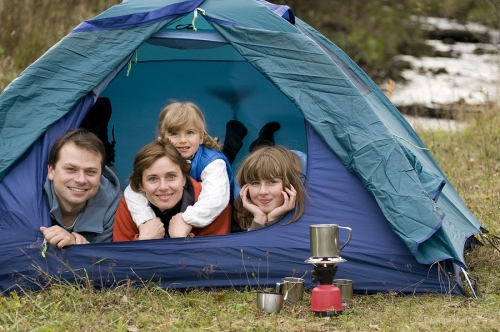Dog training is not a simple task and we don’t have the luxury of sharing the same language as our four legged friends so you’ll have to learn the habits and moods of your dog and adapt your training methods accordingly. After a while you should be able to identify what every yelp, shriek, growl and bark from your puppy is indicating. If you are realistic and patient with the puppy then progress will occur. Don’t expect miracles too soon as the puppy is young, enthusiastic and energetic and will need the right amounts of coaxing and guidance to do what you want it to do. If you are persistent and continuously drill the training sessions and back up the positive dog behaviour with rewards then you will learn to solve dog problems at an early stage in your dog’s life and the dog training will have proven to be a tremendously successful and beneficial exercise for both you and your dog.
Dog Training schools and Home Dog Training
Some traditional dog training schools have used strategies of punishment based on strict and harsh mentoring of dogs. However if you train a puppy from a young age then undesirable habits won’t have a chance to become an established part of your dog’s behaviour. Most modern dog experts prefer dog training to be based on trust, mutual respect and enthusiastic praise or affection, believing the animal will respond better to positive stimulae than negative ones.









